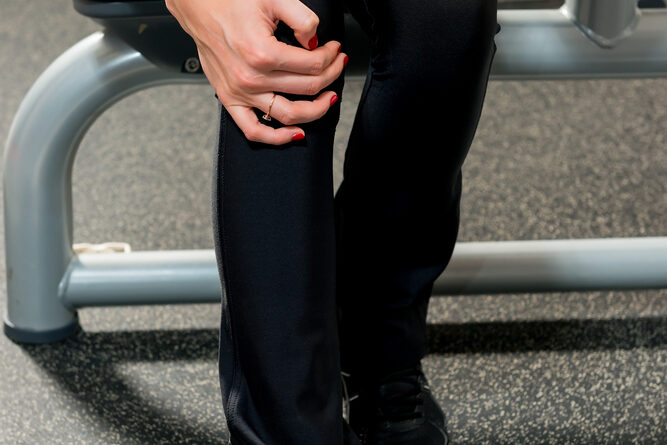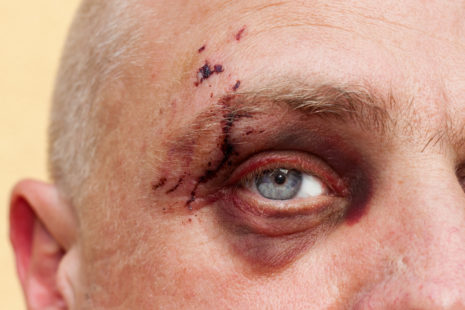Opting not to undergo physical therapy after ACL (anterior cruciate ligament) surgery can have several negative consequences and may significantly impact the outcome of the surgery and long-term knee function. Physical therapy is an integral part of the rehabilitation process following ACL reconstruction surgery, and its benefits cannot be overstated.
Here are some potential consequences of not participating in physical therapy after ACL surgery…
- Decreased Range of Motion – Without appropriate rehabilitation exercises and guidance from a physical therapist, individuals may experience stiffness and decreased range of motion in the knee joint. This can lead to functional limitations and difficulties with activities of daily living.
- Muscle Weakness and Atrophy – Following ACL surgery, the muscles surrounding the knee, including the quadriceps, hamstrings, and calf muscles, can weaken and atrophy due to disuse and immobilization. Physical therapy helps prevent muscle loss and promotes muscle strength and endurance through targeted exercises.
- Joint Instability – ACL surgery aims to restore stability to the knee joint, but without proper rehabilitation, individuals may continue to experience instability, particularly during activities that involve cutting, pivoting, or changing directions. Weakness and poor neuromuscular control can contribute to ongoing feelings of instability.
- Delayed Return to Function – Physical therapy plays a crucial role in facilitating a safe and timely return to normal activities, sports, and work. Without rehabilitation, individuals may experience prolonged recovery times, delayed return to functional activities, and increased risk of reinjury.
- Increased Risk of Reinjury – Inadequate rehabilitation following ACL surgery can increase the risk of reinjury to the knee, including ACL graft failure or damage to other structures in the knee joint. Weak muscles, poor biomechanics, and lack of neuromuscular control can compromise knee stability and increase susceptibility to future injuries.
- Poor Functional Outcomes – Without proper guidance and supervision from a physical therapist, individuals may develop compensatory movement patterns and dysfunctional movement mechanics, leading to long-term functional limitations and reduced quality of life.
- Psychological Impact – The recovery process following ACL surgery can be physically and emotionally challenging. Physical therapy not only addresses the physical aspects of rehabilitation but also provides support, encouragement, and education to help individuals navigate the recovery process and manage psychological stressors associated with injury and rehabilitation.
Physical therapy is essential for optimizing outcomes and achieving successful recovery following ACL surgery. It’s important for individuals undergoing ACL reconstruction to actively participate in rehabilitation and follow their physical therapist’s guidance to ensure a safe and effective recovery, minimize complications, and maximize long-term knee function and performance.




